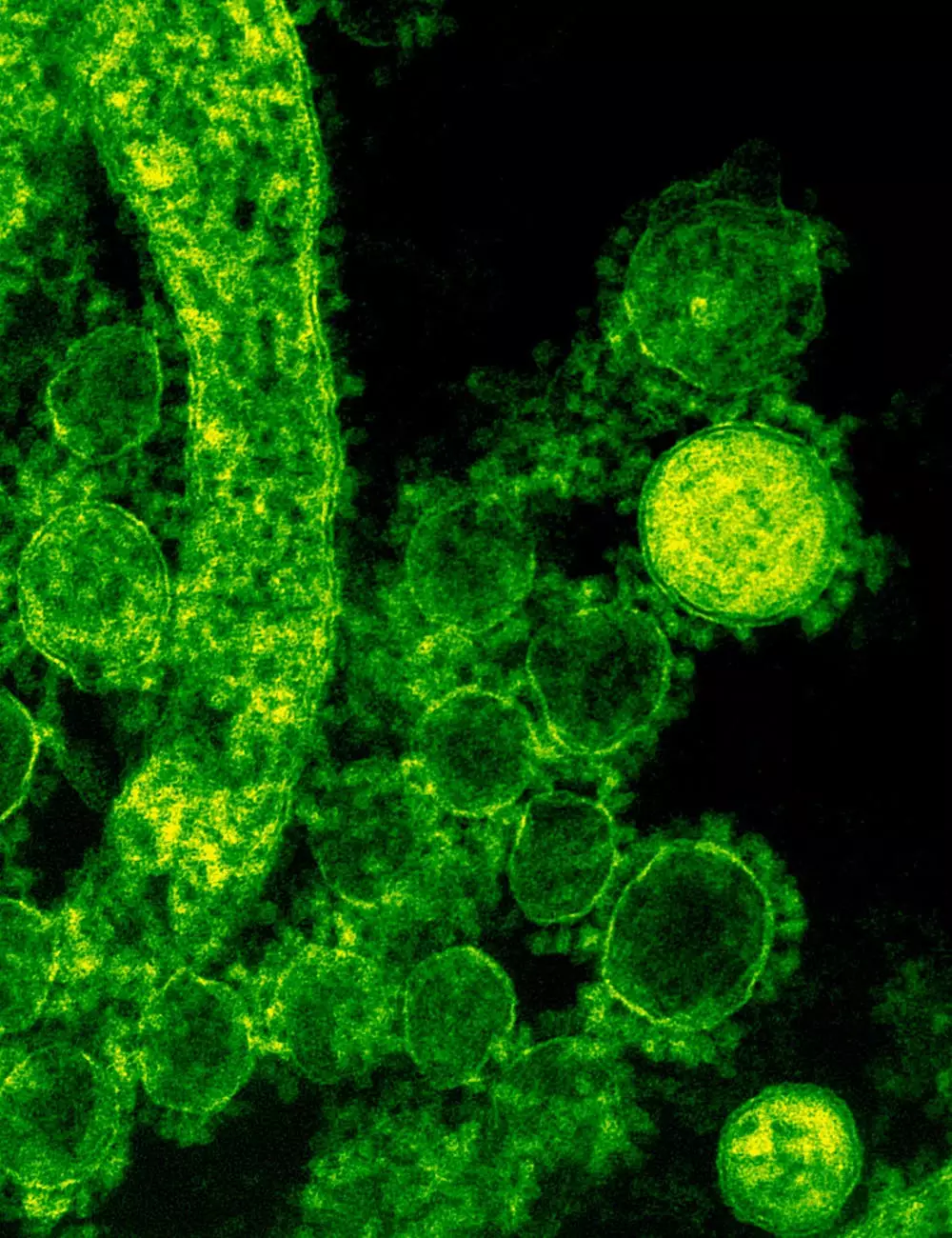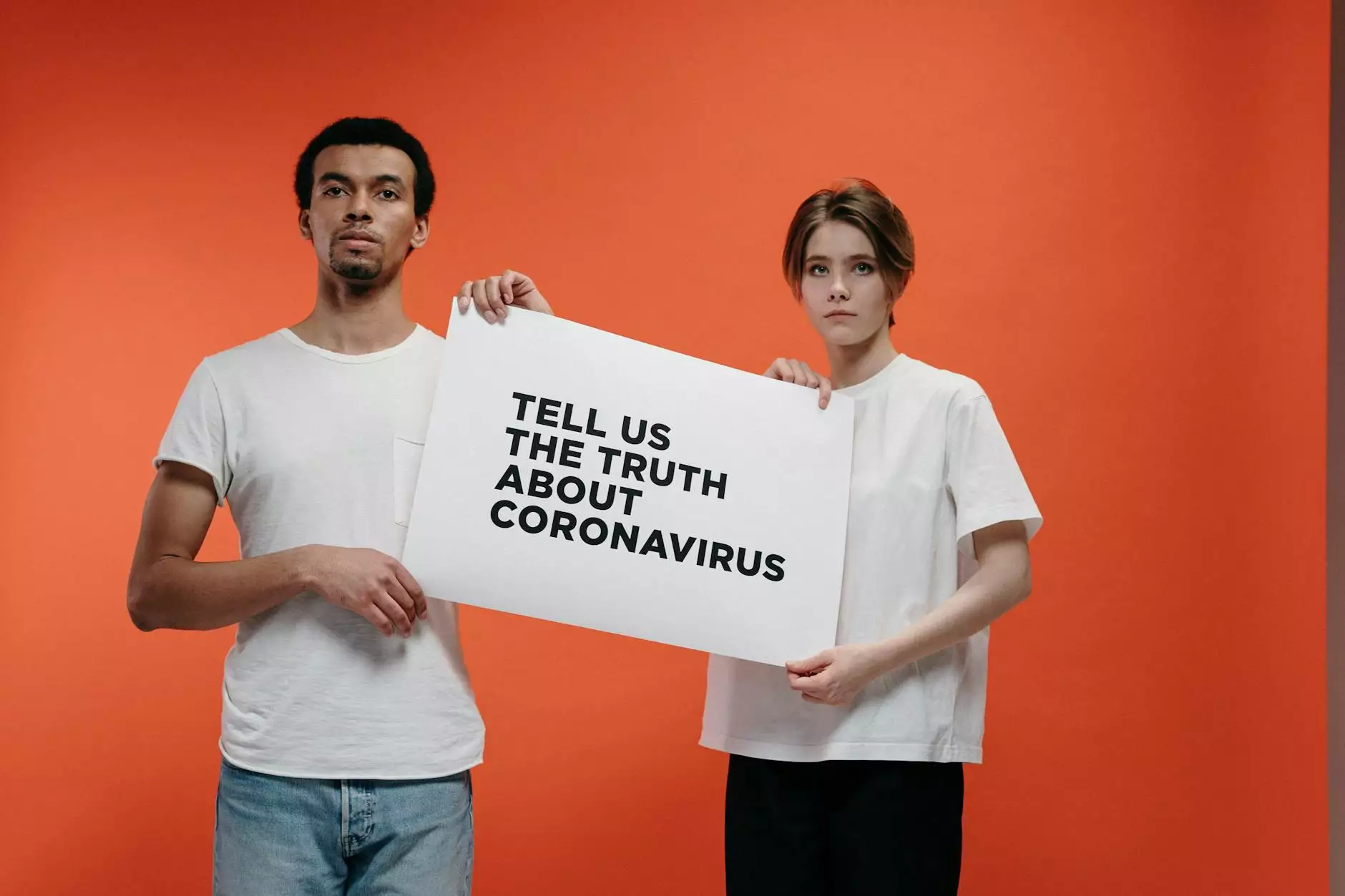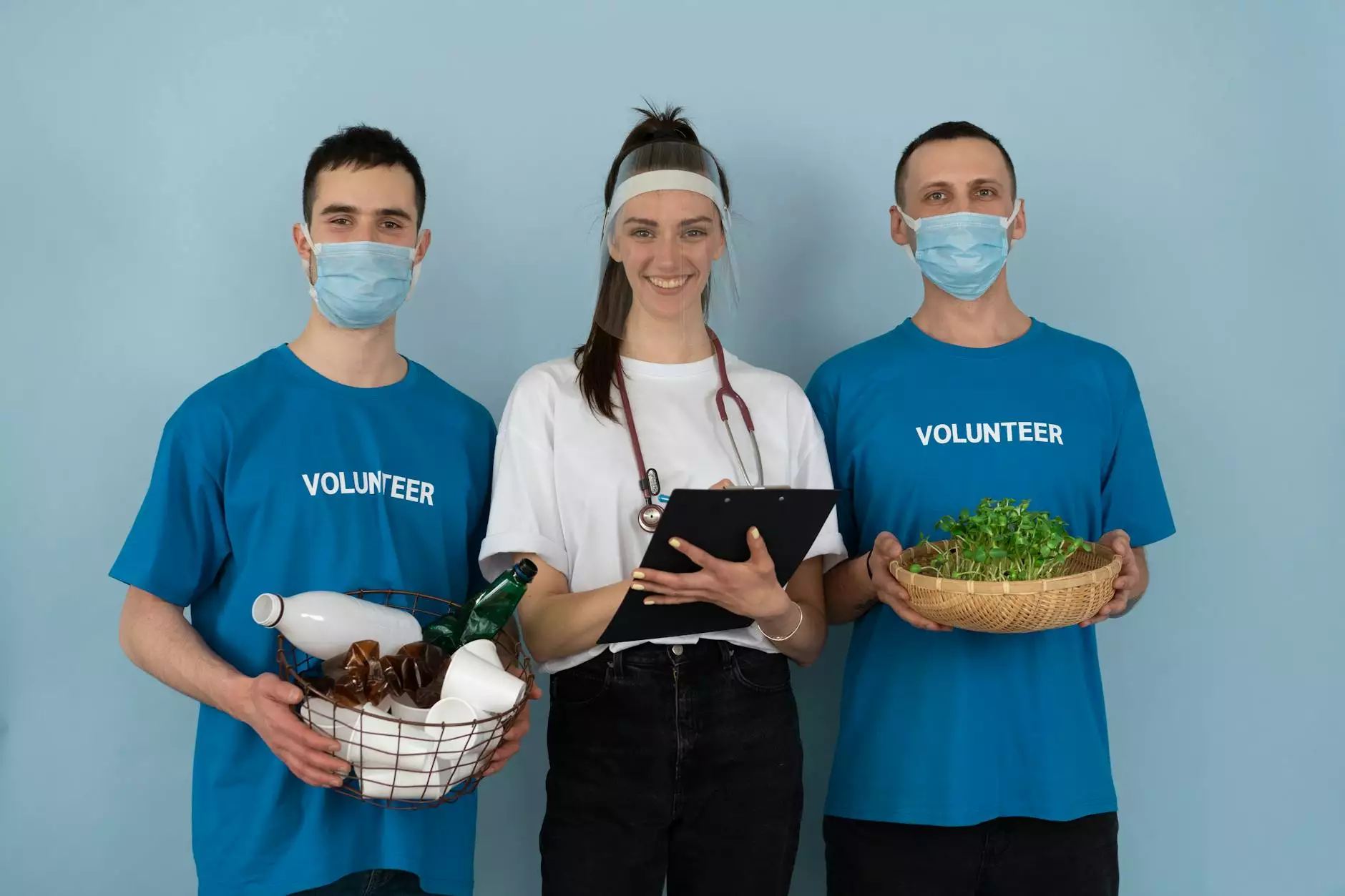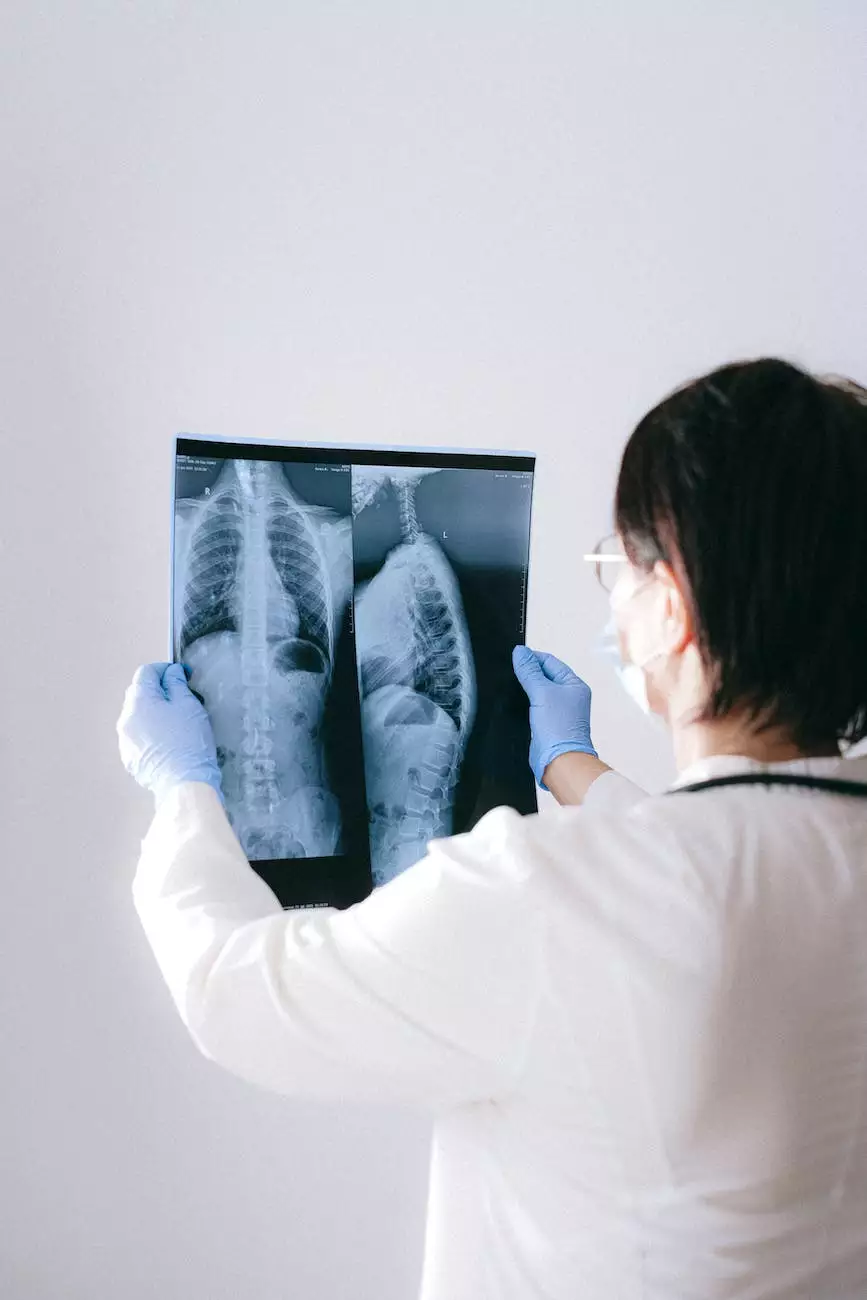How long does it take after exposure to test positive for COVID
Health Equity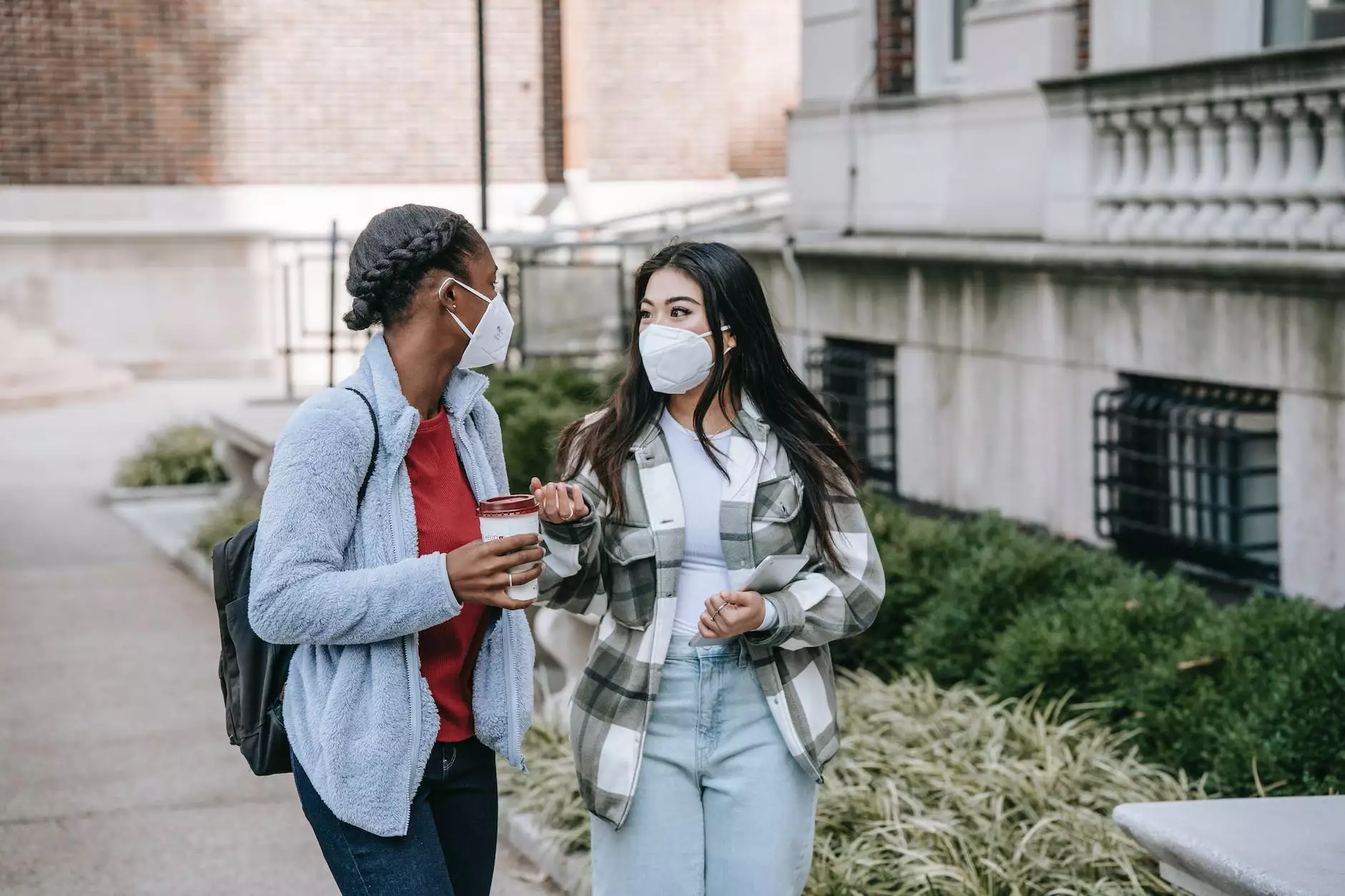
Welcome to Norton Community Medical Associates, your trusted source for comprehensive healthcare information. In this article, we will discuss the time it takes for an individual to test positive for COVID-19 after exposure. Understanding the incubation period and testing timeline is crucial in managing and preventing the spread of the virus.
Understanding COVID-19 Incubation Period
The incubation period refers to the time it takes for an infected person to develop symptoms after being exposed to the virus. For COVID-19, the average incubation period is around 5-7 days, but it can vary from 2 to 14 days. During this period, individuals may be infectious and capable of transmitting the virus to others, even if they are not displaying any symptoms.
It's important to note that some individuals may remain asymptomatic throughout their infection, making it necessary to identify and test individuals who have been in close contact with a confirmed COVID-19 case.
COVID-19 Testing Timeline
COVID-19 testing plays a vital role in detecting and controlling the spread of the virus. The timing of the test after exposure can significantly impact its accuracy. Here's a breakdown of the testing timeline:
1. Day 1-2:
After being exposed to COVID-19, individuals may still test negative during the first couple of days. This is because the viral load in the body might not be high enough to yield a positive result.
2. Day 3-5:
During this phase, the viral load starts to increase, and there is a greater likelihood of detecting the virus in a test. However, false-negative results can still occur, especially if the viral load is not yet high enough or if the test is not performed correctly.
3. Day 5-7:
Most individuals will test positive for COVID-19 within this timeframe if they have been exposed. At this stage, the viral load is typically high enough for accurate detection. However, some cases may still yield false-negative results, highlighting the importance of continued monitoring and testing if symptoms persist.
4. Day 8 onwards:
While it is possible to test positive beyond day 7, the likelihood decreases significantly. However, it's essential to consult with a healthcare professional if symptoms persist or if there is a need for further assessment.
Additional Factors Influencing Test Results
It's important to understand that several factors can influence test results, including the type of test administered (PCR, antigen, or antibody), the quality of the test, and sample collection technique. False-negative results can occur due to various reasons, such as testing too soon after exposure or improper sample collection.
If you believe you have been exposed to COVID-19, it is recommended to self-isolate, monitor for symptoms, and consult with a healthcare professional for guidance on testing options and timing.
Conclusion
Knowing how long it takes after exposure to test positive for COVID-19 is crucial in managing the spread of the virus. The incubation period can vary from person to person, and testing accuracy is influenced by various factors. It's important to follow public health guidelines, get tested if necessary, and consult with healthcare professionals for guidance.
For more information and updates on COVID-19, please visit the Norton Community Medical Associates website or contact us directly.

